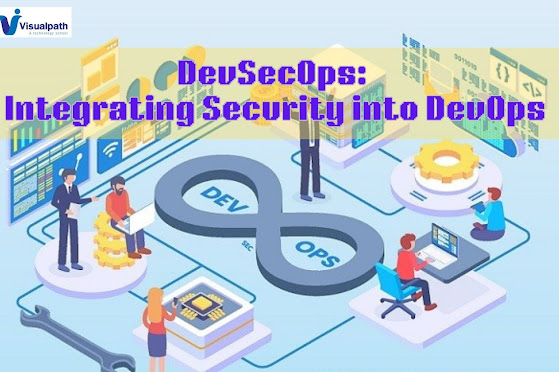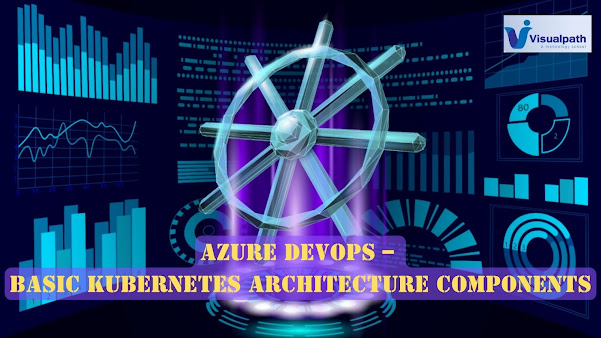DevSecOps : Integrating Security into DevOps

Introduction: DevSecOps, an evolution of DevOps, emphasizes the integration of security practices into the software development lifecycle from the outset. By embedding security into every stage of the development process, DevSecOps aims to enhance the security posture of applications while maintaining the agility and speed of DevOps. The working principles of DevSecOps revolve around collaboration, automation, and a shift-left mentality. Azure DevOps Training 1. Collaboration: DevSecOps promotes collaboration between development, operations, and security teams. By breaking down silos and fostering cross-functional communication, teams can collectively address security concerns early in the development process. This collaboration ensures that security requirements are understood and integrated into every aspect of the software delivery pipeline. 2. Automation: Automation is a cornerstone of DevSecOps. By automating security processes such as code scanning, vulnerability ass...

.jpg)
